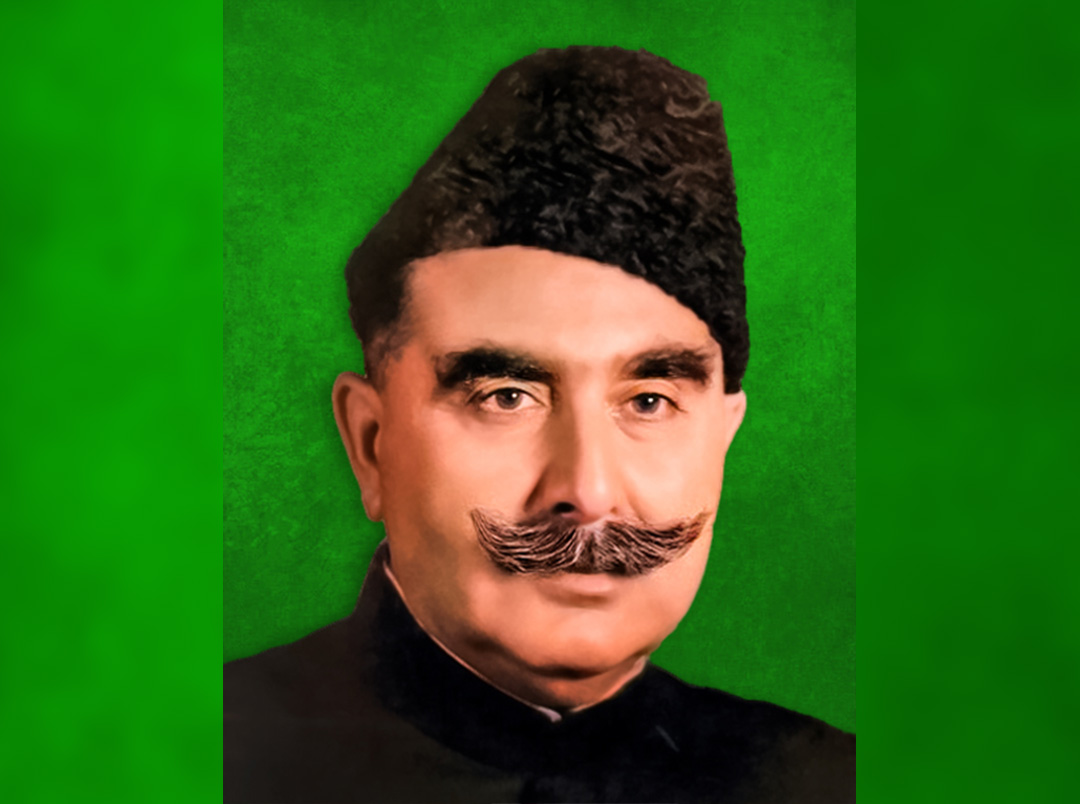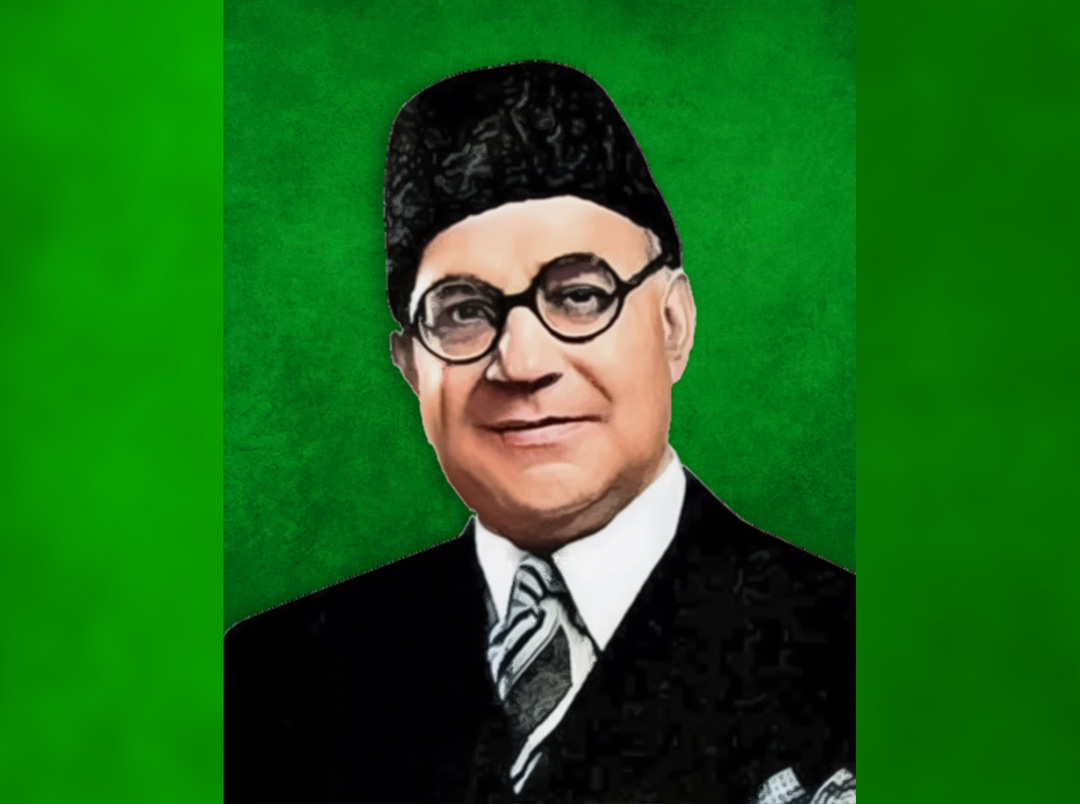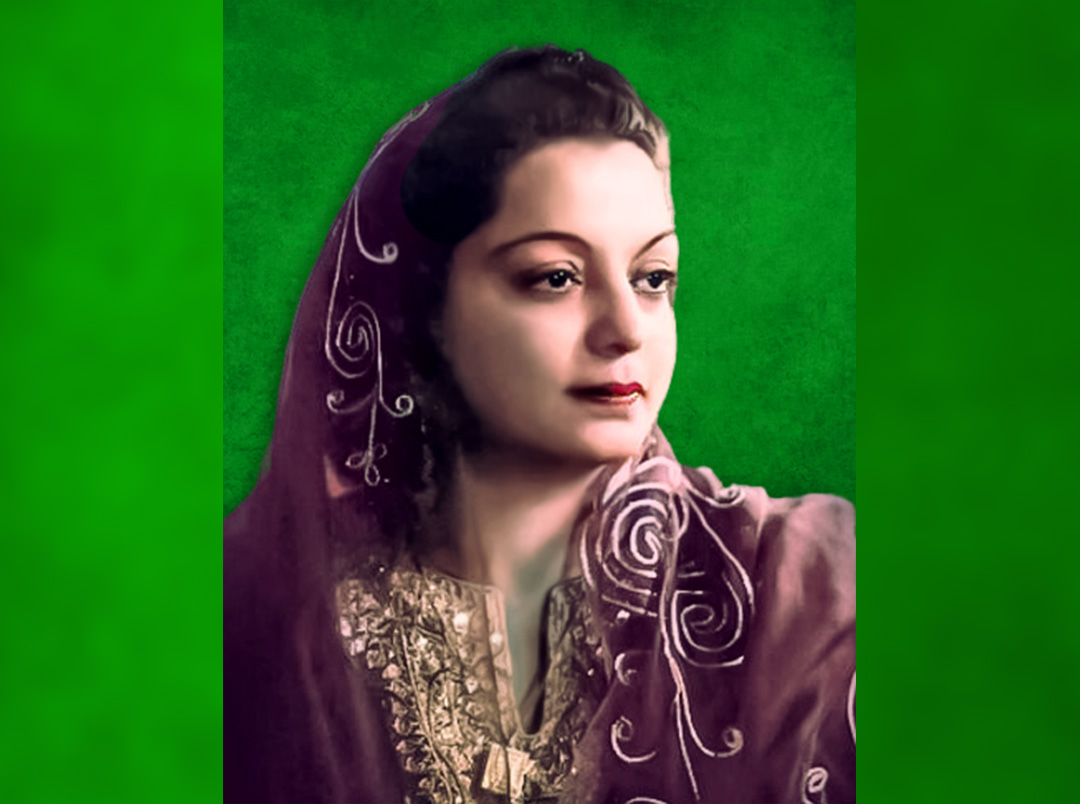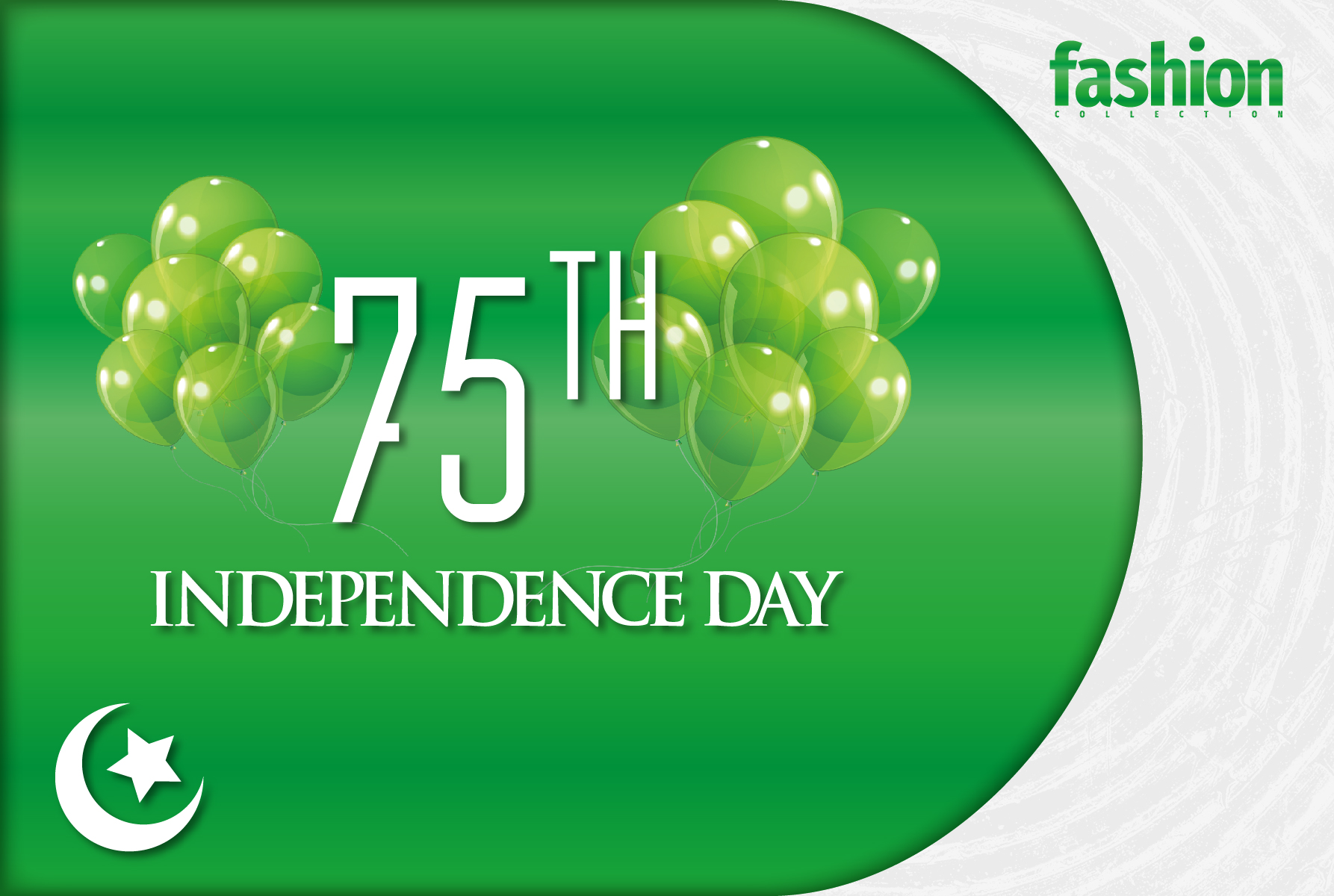August! The month that celebrates patriotism, enthusiasm, and the values of love, peace, and unity! The time of year when we commemorate our freedom from all atrocities! The month in which we commemorate independence. Pakistan was a gift from the Almighty that our ancestors worked extremely hard and long to achieve! Since the theme of our August edition is Pakistan’s Independence Day on August 14, To add a little extra magic to this independence, we at fashion collection have gathered greetings and messages from some of your favorite celebs.
QUAID E AZAM MOHAMMAD ALI JINNAH

THERE IS NO POWER ON EARTH THAT CAN UNDO PAKISTAN
Quaid e Azam Mohammad Ali Jinnah is one of those most influential leaders whom history will never forget. He was a devoted, loyal, disciplined, enthusiastic, and courageous person who wanted to do something for his nation, and his people and fought for the Muslim community against cruelty, injustice, and the violation of rights by the Hindus and British rulers. During that crucial period, Jinnah was the only one who took a stand for the fundamental principles and protect the identity of Muslims. Jinnah awakened the Muslims from their slumber and told them that they were a separate nation from Hindus. They needed a separate state to live according to their religion, culture, customs & traditions. He impressed upon the mind of the Muslims of India the necessity of a separate country. The major strength was the unity of all Muslim organizations in this freedom war, and it is the leadership of Quaid e Azam which unites all the Muslims of the sub-continent on the same agenda of having a separate state. The creation of Pakistan is the result of the bloodshed of thousands of freedom fighters as well as the leadership of Jinnah, Pakistan would not come into being without him.
SARDAR ABDUR RAB NISHTAR

Sardar Abdur Rab Nishtar belonged to the Kakar tribe of the North West Frontier Province and was known to be the trusted, reliable, and closest associate of Quaid e Azam. His contributions and efforts to national integration and consolidation were next to Jinnah. The political career of Nishtar started from the days of the Khilafat Movement when he noticed how the Muslim community is being bifurcated into groups as he knew that such sort of fiction would definitely divide the socio-political power of the Muslims. The strong spirit of sympathy for them led him to join Khilafat Movement and strived for the coalition of the Muslim community across India. He also joined Indian National Congress but when he perceived that the congress was serving only the Hindu cause he decided to quit the Congress. As he was highly influenced by Maulana Jauhar he joined the All India Muslim League and became a member of the NWFP congress committee as he has a stronghold on the masses, he generates Islamic spirit and political awareness. Nishtar endeavored for constitutional reforms in the NWFP as he wished that the people of this province should stand on equal footing like the people of other provinces. Unlike Congress, AIML had not gained popularity among the masses of NWFP so when Nishtar joined it he had to work a lot and struggle hard for establishing AIML on a solid and firm platform. Due to his efforts, Muslim League started working successfully also in the province of NWFP.
LIAQUAT ALI KHAN

Nawabzada Liaquat Ali Khan is among those personalities who have made immense contributions in the creation of Pakistan. Khan was educated at the Aligarh University and later at the Oxford university. On the return from England, Liaquat Ali Khan decided to take part in the politics and joined AIML advocating redressal of injustices and mis-treatment meted out to Indian Muslims by the British rulers. Liaquat Ali Khan started his parliamentary career from the U.P legislative assembly in 1926 as an independent candidate. Later on he formed his party. The Democratic party within the legislative assembly and elected as a leader. He took active part in legislative affairs. In a Muslim League session Liaquat Ali named the honorary general secretary of the party. He held the office till the establishment of Pakistan 1947. Quaid e Azam was not able to take active part in the proceedings of the assembly on account of the political work thus the whole burden of protecting Muslims interests in Assembly fells on Liaquat Ali Khan. When resolution of Pakistan was adopted in 1940 at the session of Muslim League. The same year elections were held for the central legislative assembly in which Liaquat Ali Khan won without contest. In 1945–46 elections Liaquat Ali Khan won the Central Legislature election from the Meerut Constituency in the UP. The Muslim League won most of the seats reserved for Muslims. Liaquat Ali Khan is also said to be the major influence behind the promulgation of the Objectives Resolution.
FATIMA JINNAH

Among the other notable leaders of Pakistan’s independence movement, the sister of Father of the Nation, Fatima Jinnah who is also known as Madr e Millat has played a pivotal role. She had relentlessly supported her brother throughout his struggle for the freedom of Muslims of India. She was a bold, progressive woman who believed in professionalism and social welfare. By profession Fatima Jinnah was a dental surgeon but after the death of Jinnah’s wife, she shut her clinic and dedicated her life and energy to her brother’s political pursuits and the cause of Muslims in India. Fatima traveled across England and India and managed his households, organized his meetings and played the role of his secretary. Jinnah would seek her opinion on every single issue. She became the leading member of All India Muslim League and accampanied her brother to every public appearance he made. After the partition of India, she coordinated relief activities for millions of refugees, During the welfare work, she established the Women Relief Committee which later evolved into the All Pakistan Women Association (APWA). Following the footsteps of Jinnah she took a keen interest in women’s education, particularly modern education and professional training. Like her brother, Muhammad Ali Jinnah, Fatima Jinnah’s efforts for democracy in Pakistan will always be remembered.
BEGUM RANA LIAQUAT ALI KHAN

After the reorganization of Muslim League, Begum Ra’ana Liaquat Ali Khan wife of Liaquat Ali Khan, devoted herself to the task of creating political consiousness amongst the Muslim women she worked tirlessly to ensure that women take part and contribute to the Muslim cause. In 1947, as the refugees pored in across the borders she called upon women to take up responsibilities in administering first aid, organizing food distribution and dealing with health problems, and above all in providing moral support. Begum Ra’ana Liaquat Ali Khan firmly believed that a society would not be civilized or stable until the women would not play their respective role alongside the men. She also worked for economic empowerment and education for the women as she believes that these two are the major factors that would help women recognize and achieve their objectives. In the leading years up to independence and long after the establishment of Pakistan it is difficult to summarize achievements of Begum Ra’ana but her services are an inspiration for women who really want to serve their homeland.

